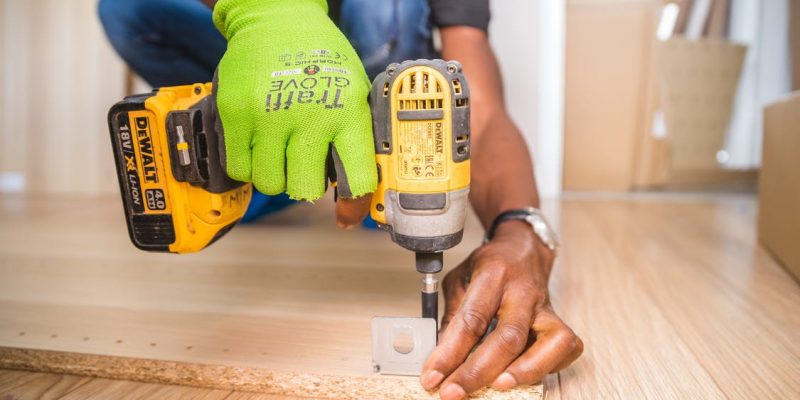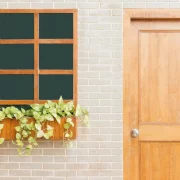If you can take a project on yourself then that’s good news for your wallet! However, every time you put your DIY skills to work, it also opens you up to the same dangers as any professional worker. Therefore, it only makes sense to take the same protective measures that professionals would while working in a similar work environment.
If anything, DIYers need to be more careful. They require extra protection because homeowners and general DIY enthusiasts may not always have the same training and experience as a professional. Don’t risk your safety and ensure that you have all the PPE listed here before starting with your next home renovation project.
Bump Caps
You could end up bumping and scraping your head on a surface while working in a low attic. A small chunk of the loosened wall may fall on your head, or any number of a thousand other things can happen without any warning. Therefore, head protection is of the utmost importance. These bump caps may look exactly like baseball caps, but they are built with a hard shell to protect wearers from light to medium level head impacts. Designed to protect in industrial environments such as airlines, auto shops, and warehouses, bump caps are also ideally suited for DIY enthusiasts.
Safety Glasses/Goggles
Our eyes are one of the most vulnerable body parts and renovation work can put them at risk of both immediate and long-term damage. Whether you are sawing, drilling, hammering, cutting, cleaning, chipping, polishing, or doing just about anything related to DIY work, you must keep your eyes protected against damage from flying debris and dust.
Keep in mind that if any of it manages to get in your eyes, it can lead to anything from minor irritation to complete loss of sight. Wear certified safety glasses and always make sure that the pair you are wearing is suited for the work at hand. A regular pair of safety goggles might not be sufficient to protect your eyes if you plan to weld metal.
Work Gloves
Professionals need a much wider range of heavy-duty work gloves, but most DIYers can settle for two basic pairs. Get a pair of work gloves made from lightweight synthetic leather, and another pair made from thick rubber. The rubber gloves will provide insulation against electricity, while synthetic leather gloves can protect your hands against just about everything else on a lighter scale.
Masks & Respirators
You may or may not need respirators, but you will always need a cloth mask at the very least. Respirators should be the preferred choice though, since cloth masks may not be sufficient to stop saw dust, metallic dust, VOCs, lead dust, etc., from getting inside your respiratory system. It depends more on what your DIY work involves.
Earmuffs
Drilling machines, power saws, etc., are essential electric power tools for renovation work, which means that there will be a lot of noise. Unless you cover your ears against that noise with high-quality sound dampening/isolating earmuffs, long term exposure can lead to permanent hearing loss.
Unnecessary risks are counterproductive in DIY work as they risk time, money, and your wellbeing. If you don’t always use the necessary safety equipment and nothing has ever happened to you yet, note that it takes just one accident to change all that for the worse.












